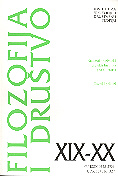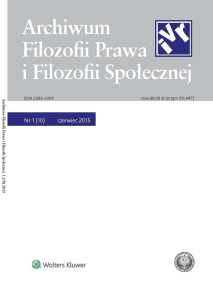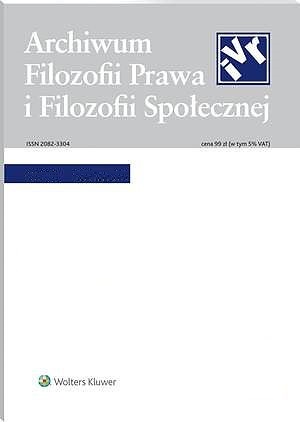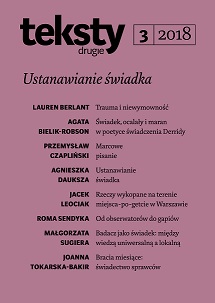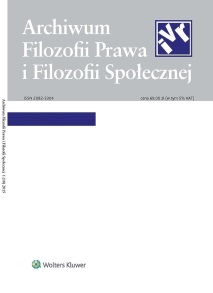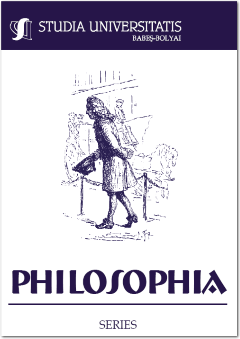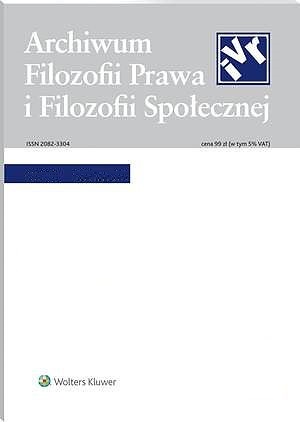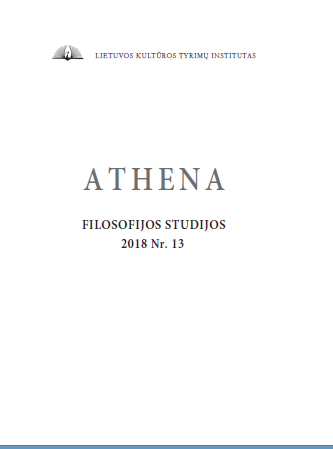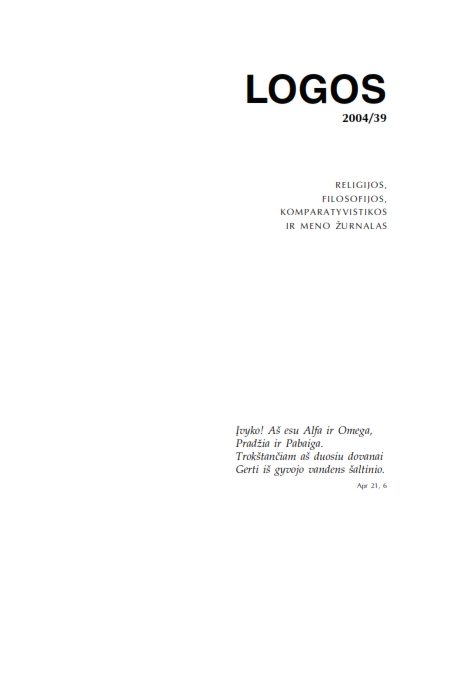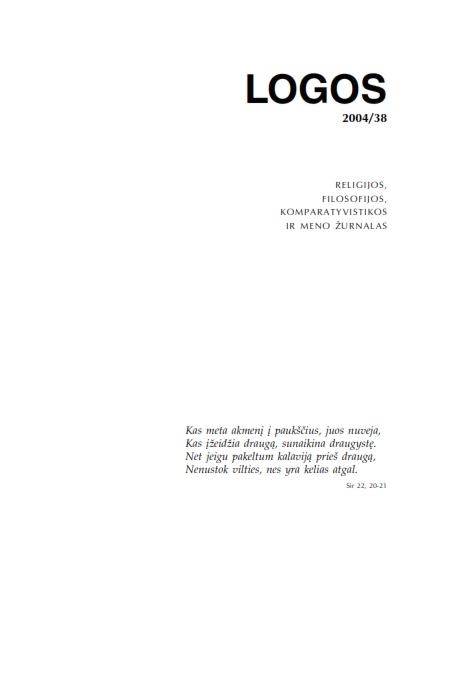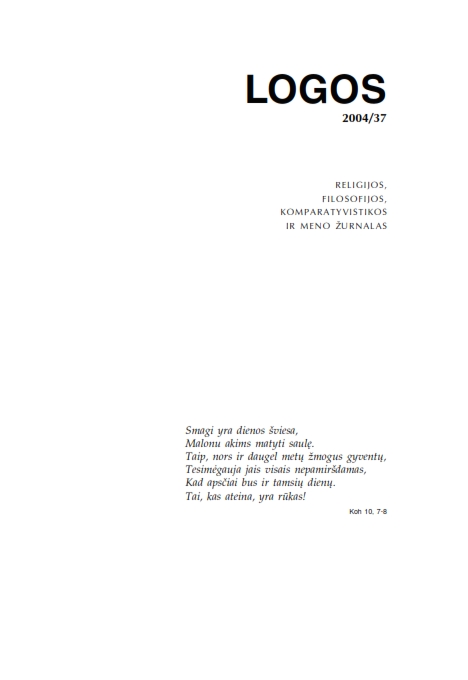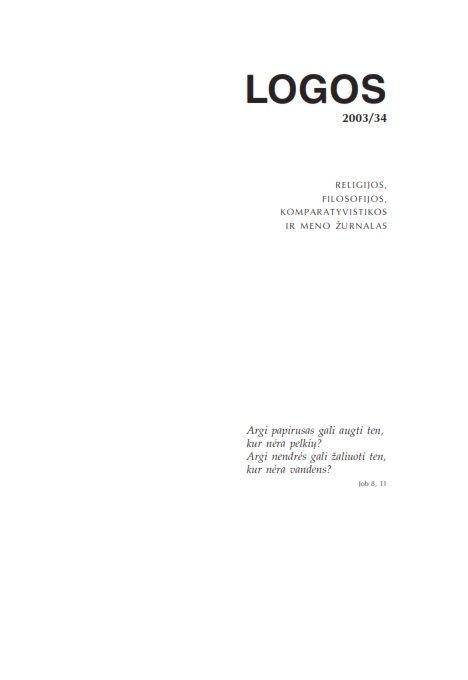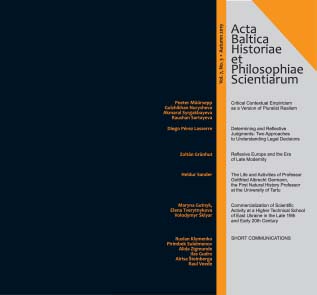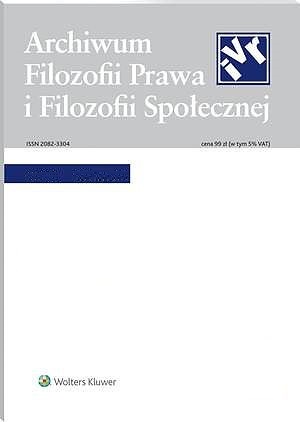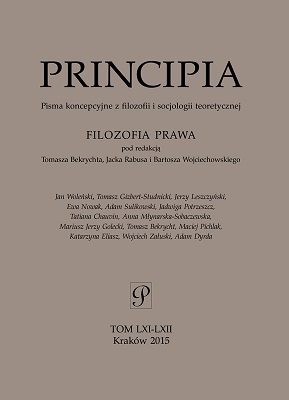
Spory prawnicze a pragmatyczność teorii prawa
The subject of this paper is the status of the most fundamental legal disagreements. Since all legal disagreements are conceptually dependent on theoretical assumptions about law (the grounds of law), they should be seen as theoretical disagreements in the Dworkinean sense. After an analysis of the basic concepts of the grounds of law, theoretical disagreements are evaluated from the epistemic point of view. By assumption, all philosophical disagreements, including fundamental legal disagreements, are disagreements between epistemic peers, since there occurs a symmetry between the evidence in favour of each of the proposed theories. In order to avoid the scepticism that such a diagnosis may lead to, we should engagein pragmatic considerations of the status of legal theory in general.
More...
